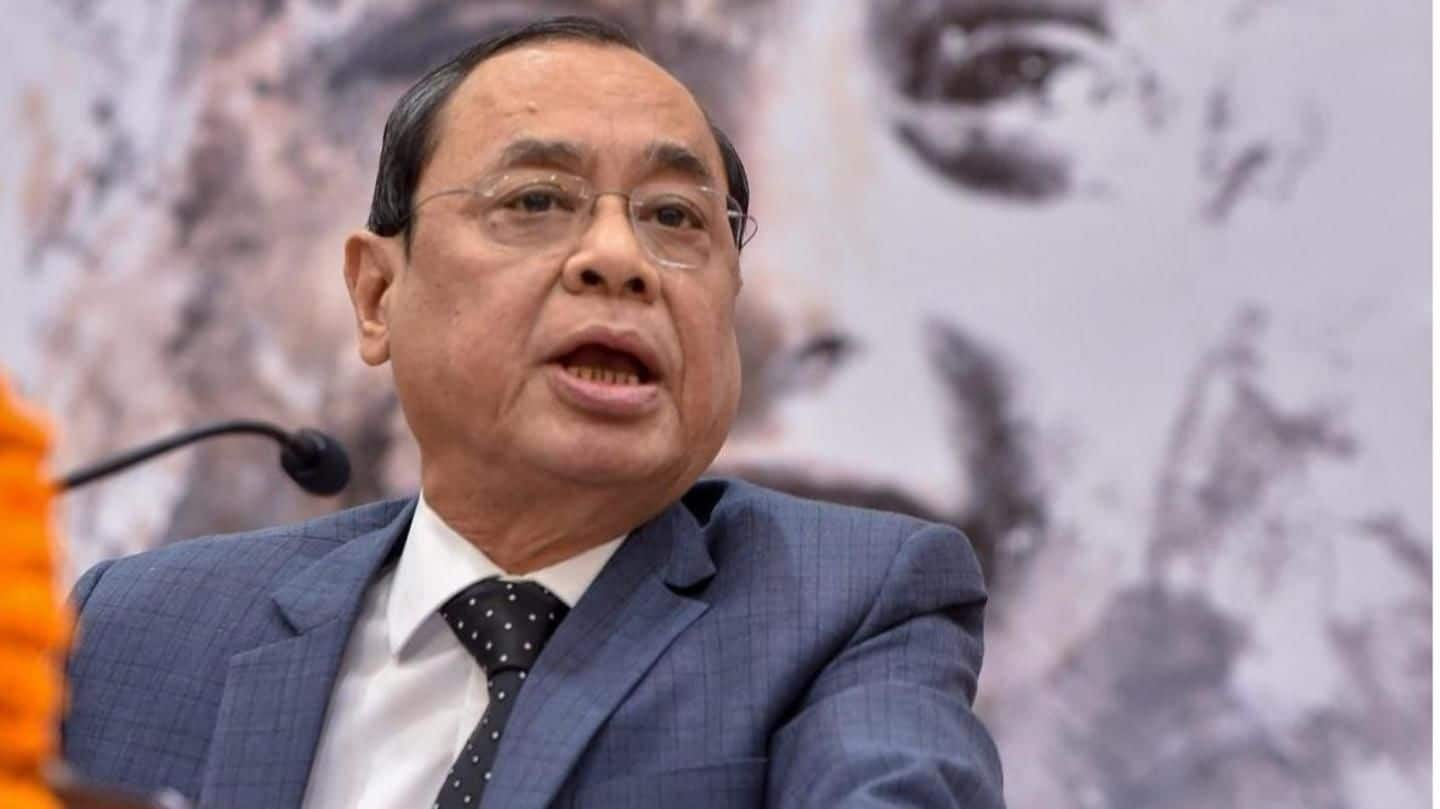
CJI Ranjan Gogoi wants pending cases cleared, corruption gone
What's the story
Two days after taking charge on October 5, newly-appointed CJI, Justice Ranjan Gogoi reportedly held a video conference with chief justices and senior judges of various high courts, asking them to focus on getting work done, clearing pending cases, and combating corruption in the judiciary. With lakhs of cases pending in Indian courts, Gogoi's call-to-action couldn't be more timely. Here are the details.
Pendency
What we know about CJI Gogoi's views on pendency
The fact that Gogoi has long been irked by the sheer number of cases pending in Indian courts became clear by the importance he attached to the issue during a September 29 speech to young lawyers. During the speech, he called pendency of cases a "disrepute to the system". Meanwhile, the newly-appointed CJI has already ushered in administrative changes in the SC.
Data
The magnitude of pendency in India is mind-boggling
According to data from the National Judicial Data Grid, there are a whopping 4.3 million cases pending in high courts across the country. Meanwhile, according to the Supreme Court's official website, the apex court has as many as 55,946 pending cases.
Conference
What Justice Gogoi had to say during the video conference
During the aforementioned video conference, CJI Gogoi directed that high court judges should not take leave during working days, and must be present in courtrooms during working hours. On the issue of corruption in the judiciary, Gogoi said that high court chief justices shouldn't "hesitate in withdrawing judicial work" from judges who might be corrupt. Gogoi added that advocates with good incomes should be appointed so they're not tempted by money.
Changes
What administrative changes CJI Gogoi has brought
The administrative changes brought by Gogoi to the SC pertain to the quick disposal of criminal appeals that have been awaiting final disposal for over a decade. On Wednesdays and Thursdays, criminal appeals will be heard by at least five SC benches - an unprecedented change. Gogoi also intends to extend this practice to civil cases after the Dussehra break.